Interview with Marcus Wassmuth, former Board member, European Chamber Shanghai Chapter
How long have you been in China?
I have been in China for around 26 years. I came to Shanghai in 1994 with a team of German bankers to open one of the first German bank branches. At that time, the Chinese financial sector was at a very early stage of development, which made it a real adventure to work here.
How did you first get involved in the European Chamber’s work and what were some of the main challenges then?
In 2001, when I was Chief Representative of one of Germany’s largest public banks, I was invited to a banking working group meeting of the European Union Chamber of Commerce in China (European Chamber), at that time headed by the general manager of Deutsche Bank. I quickly realised the potential of the group and organisation, and soon applied for local membership. After one year, I was elected as the vice chair of the group and served as chair for four years starting 2004.
In its 20-year history, what would you say is the European Chamber’s biggest accomplishment?
For me, it is not one specific accomplishment, but the steadiness and persistence of the Chamber following its principals. Especially developing the annual Position Paper into one of the most important annual economical publications about China, taken seriously by the Chinese and the European authorities; it has given European business in China a voice.
What’s the difference in China’s business/regulatory environment in your industry today vs. 20 years ago?
When I arrived in China in the mid-nineties, it felt as if there was neither detailed regulations nor a deep understanding among the authorities of international economical mechanisms. Based on our experience in banking, representatives of the respective authorities were seeking our advice to better understand development possibilities. Today, China has a well-developed financial regulation system. The authorities consist of experts, some with an international background. It can even be said that China is playing an important role in international financial institutions. From a bit of a nostalgic viewpoint, I can say that China developed from the wild east to a well-established system, even if some parts are still over-regulated.
What do you expect to see China’s business/regulatory environment to change in 20 years?
China will continue to develop into an important member of the international community, not only integrating itself, but also shaping the future with its ideas. I expect reforms that further open the Chinese economy will continue; of course, never losing sight of national interests. The world should openly welcome China, but also should insist on well-balanced international development.
What role do you expect the European Chamber to take in the next 20 years?
The diversity of the European Union has always been the bloc’s strength, but also its strongest challenge. If European companies really want to use their combined strength to positively influence the further development of China, they need a strong, well-organised integrator. This role can only be performed by the European Union Chamber of Commerce in China.
What value has the European Chamber brought to you/your company/your industry?
Some of the organisations I worked for in China were rather small, despite having a strong international background. The Chamber is organised in a way that small member organisations also have their voice, depending on the motivation and activity of their representatives within the Chamber. The Chamber grew into a good combination of multinational corporations and small and medium-sized companies. For years, heading a local office with just a few employees, I was able to make a difference with the support of the European Chamber in gaining direct access to Chinese and European officials on the highest levels.
Do you remember the European Chamber’s first government meeting you attended, who it was with and how you were received?
Over the years, I attended many meetings with Chinese officials, but cannot remember the first one. All those meetings had one theme in common: an open, friendly, interested, but serious dialogue with the Chinese officials. We always knew that we were taken seriously and that the European Chamber had developed a very important relationship with the Chinese Government and authorities, often raising unpopular topics.
As you reflect on your time in the Chamber over the past years, what comes to mind?
What I remember best was the living spirit of Europe, maybe the most diversified Union in the world. I had the pleasure to serve as a board member in Shanghai for far more than 10 years with fellow board members of different nationalities. I remember chairs in Shanghai of French, German, Dutch, British and Italian nationalities, always different, but always a great pleasure to work with – one of the great experiences in my life. I can say that I was so strongly influenced that I finally changed my profession from banker to now working for the German Chamber of Commerce in China. There I still promote the importance of the European ideal of a strong union.
What is the best piece of advice you can give the European Chamber for the coming years?
The backbone of the Chamber is always its members. Only by successfully encouraging its members to be active and involved can the Chamber be successful in the future. The Chamber needs members willing to play a role.
Marcus Wassmuth, former Board member, European Chamber Shanghai Chapter
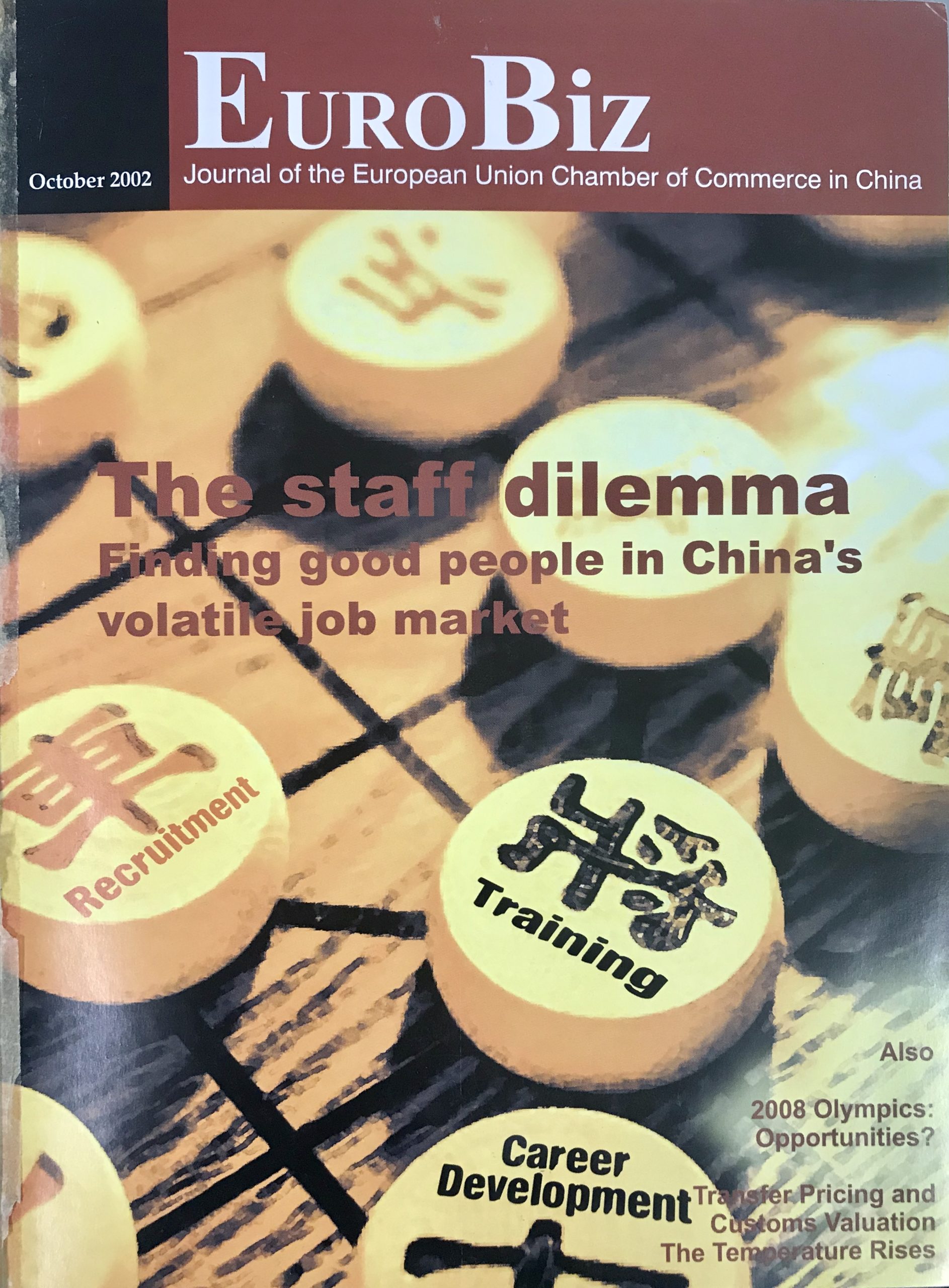
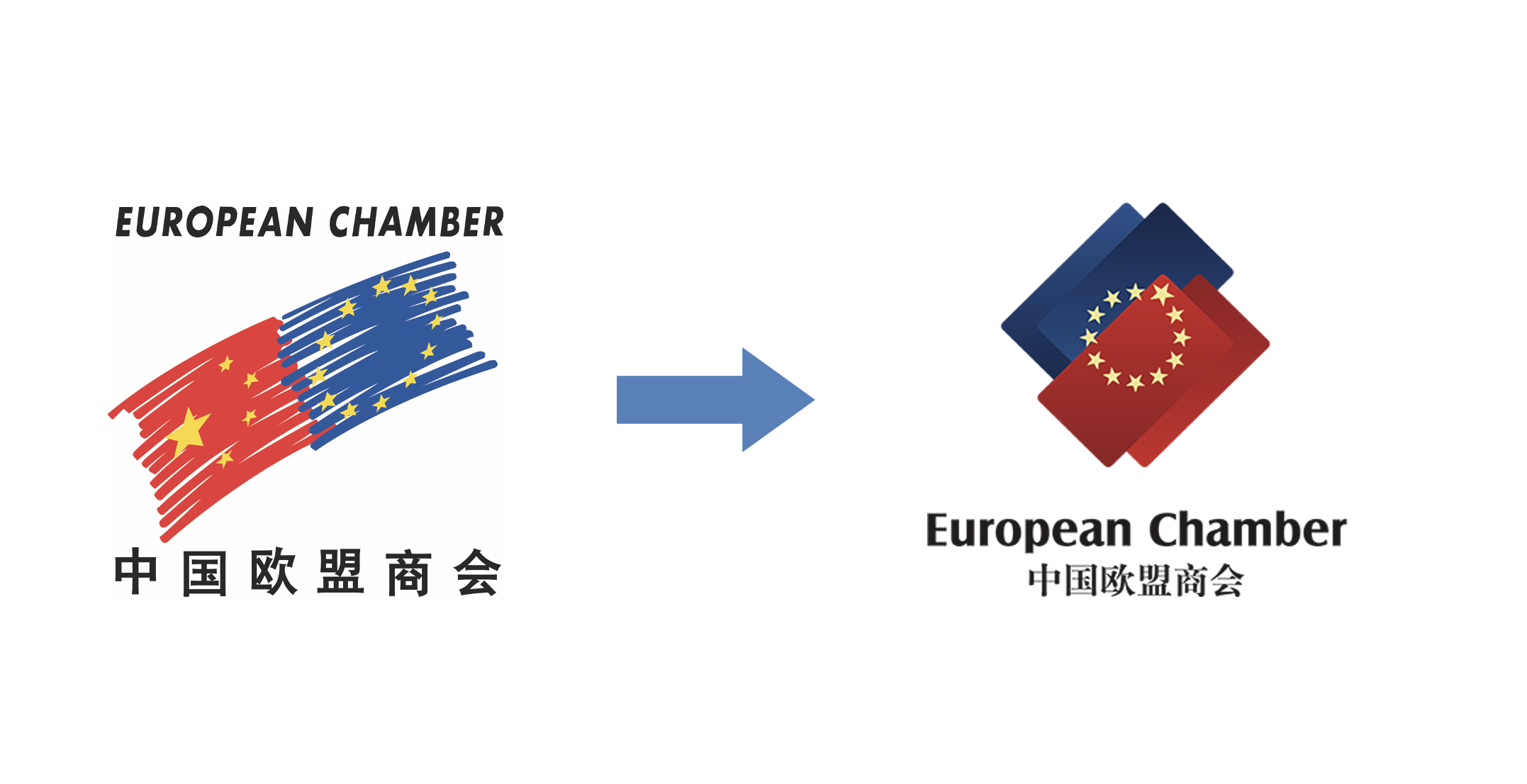
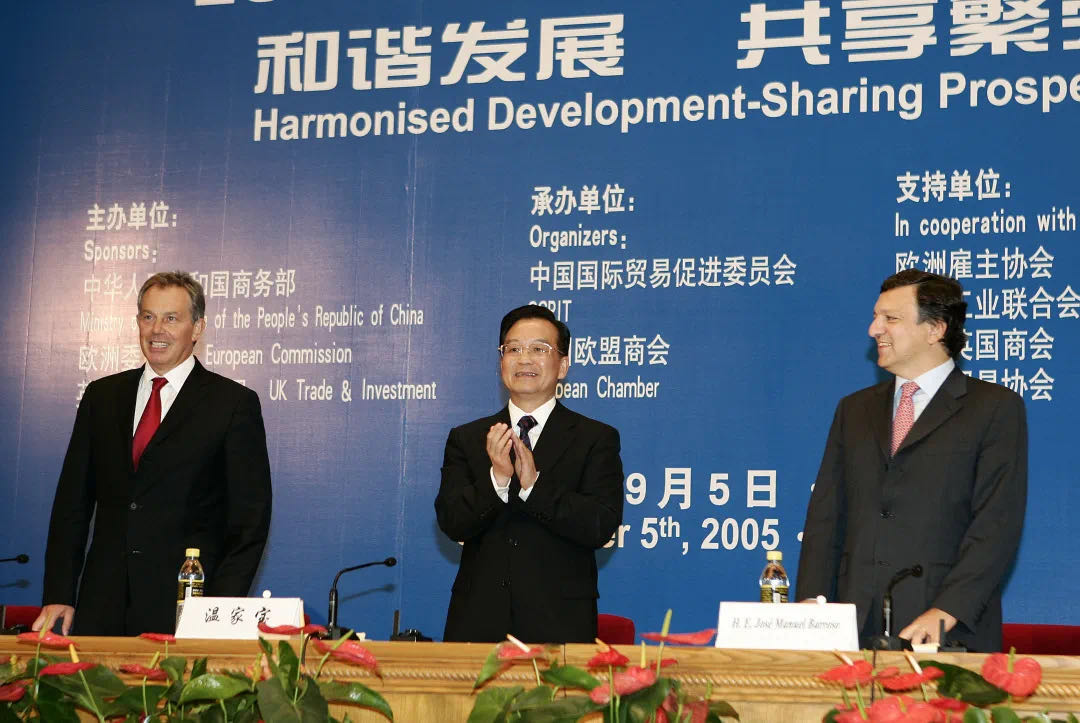
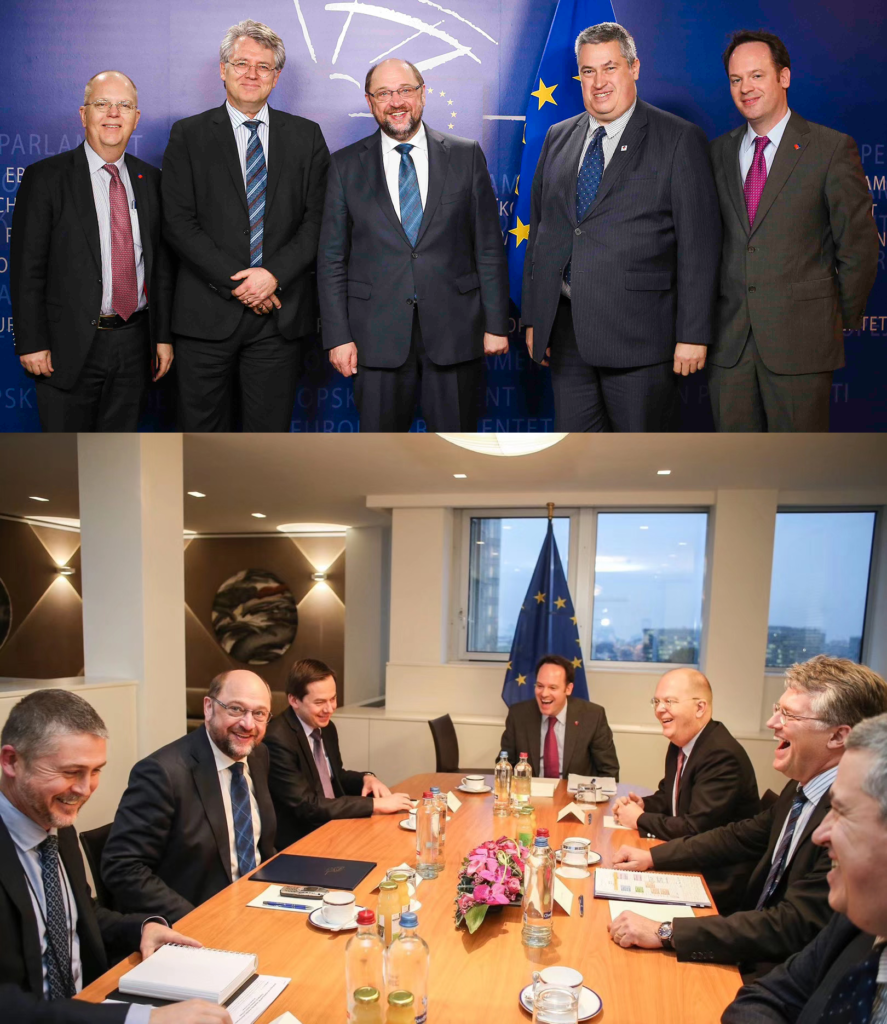
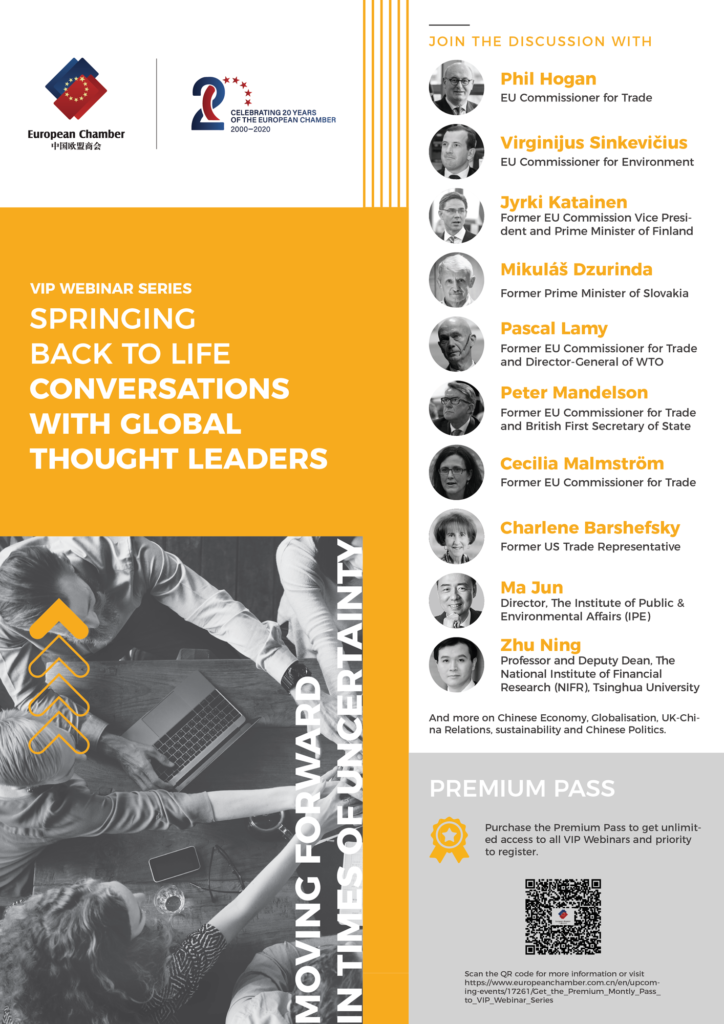
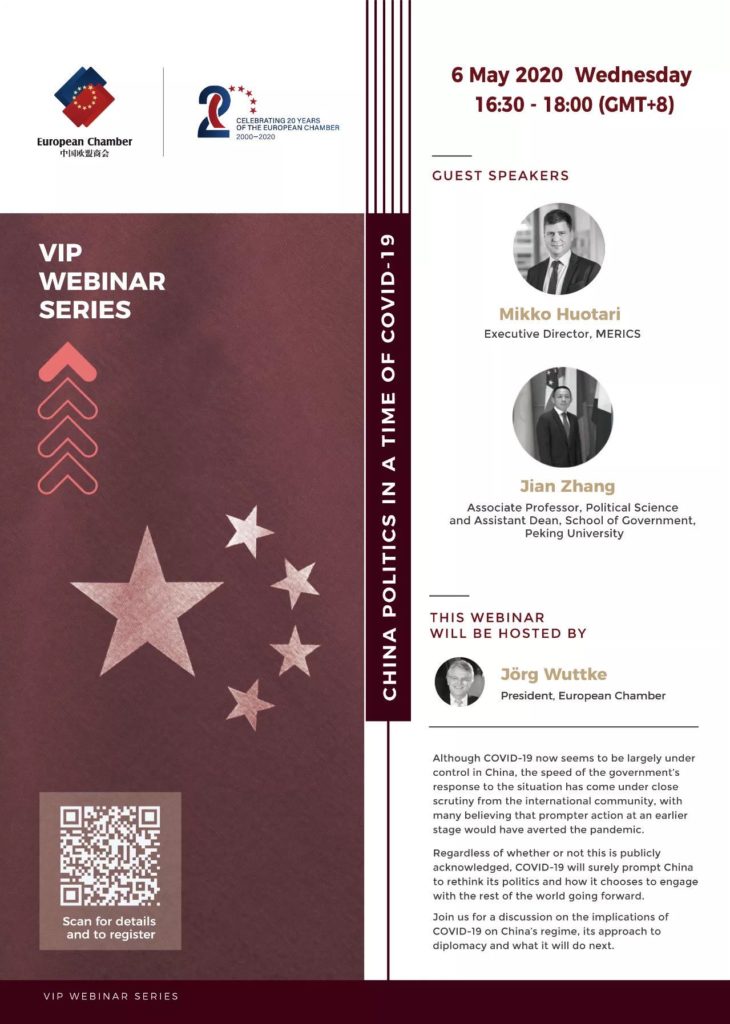
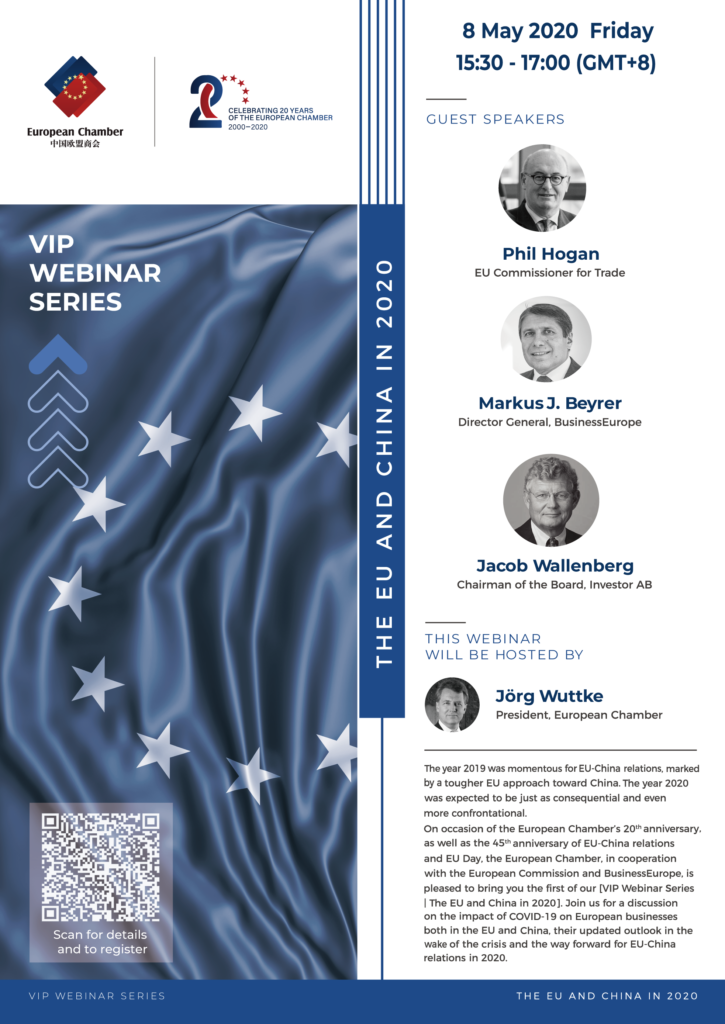
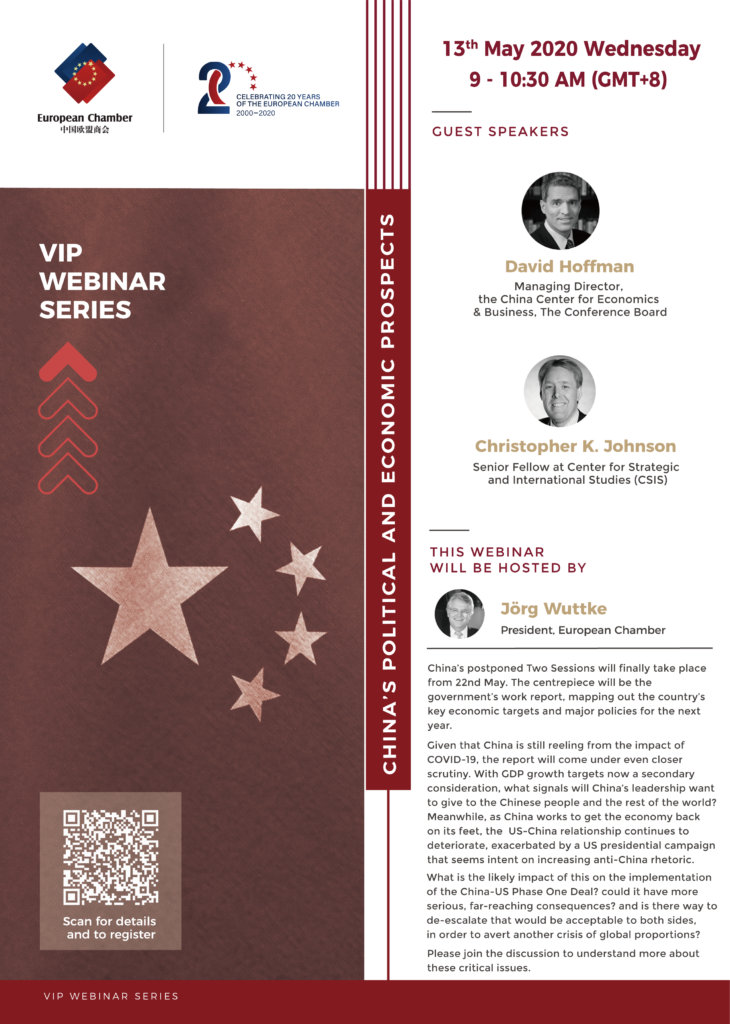
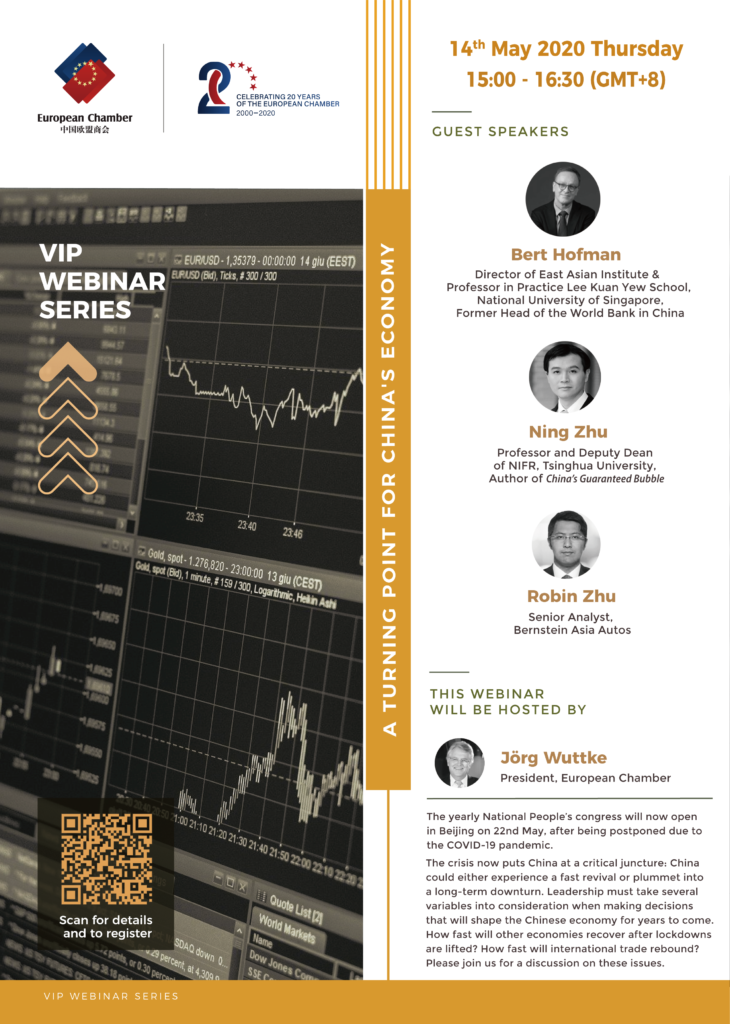
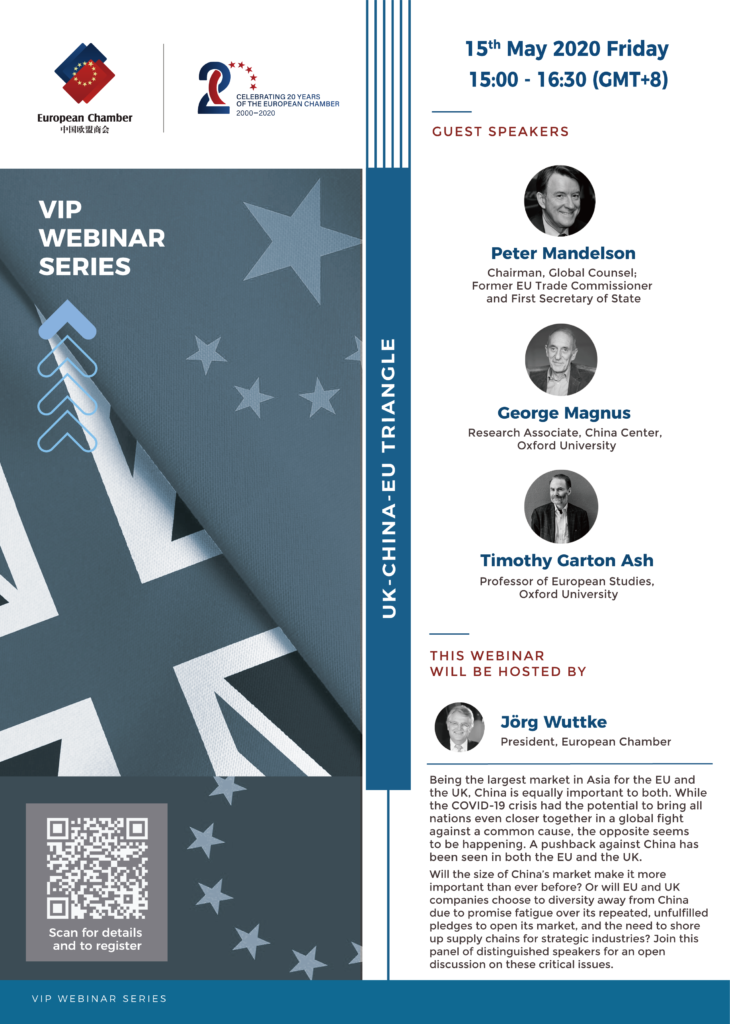
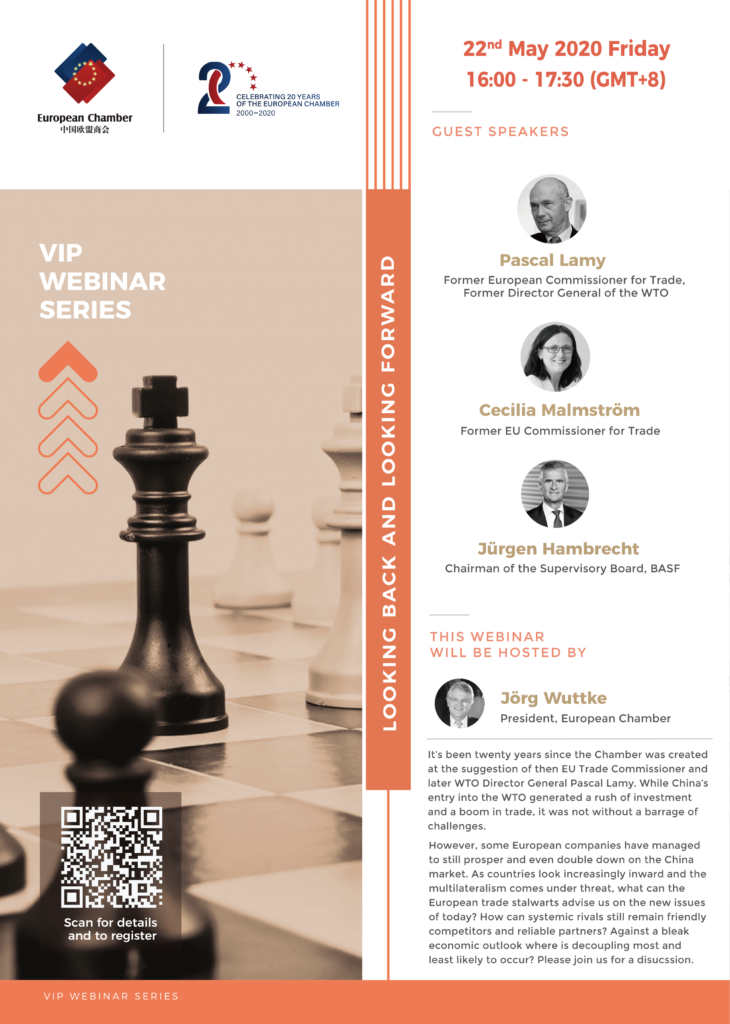
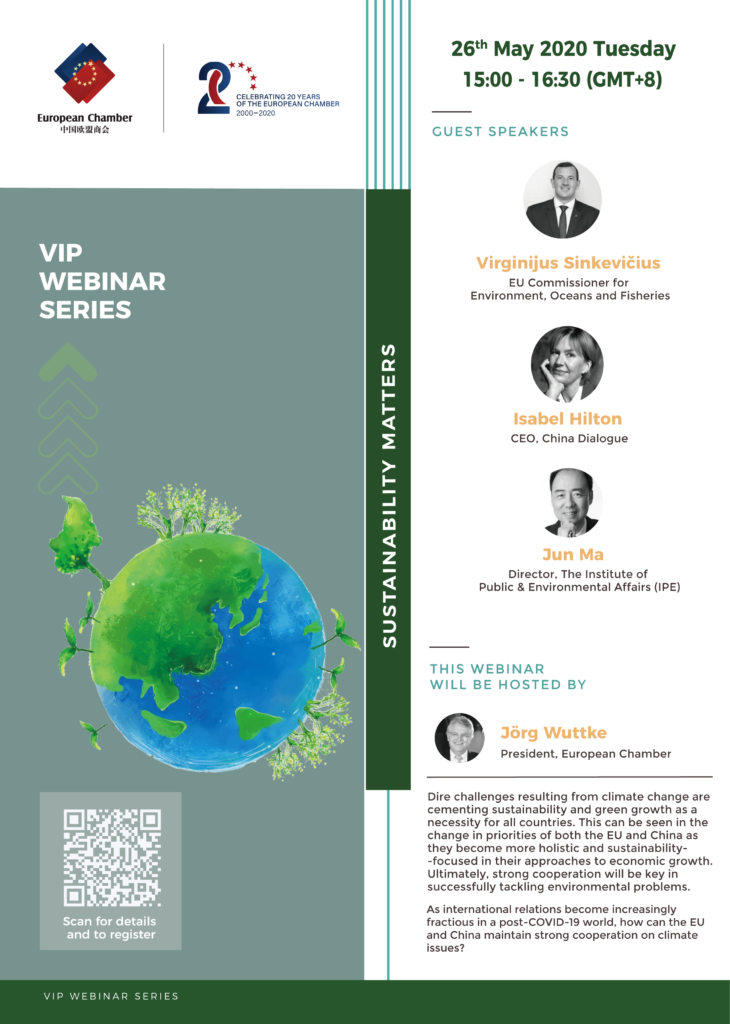
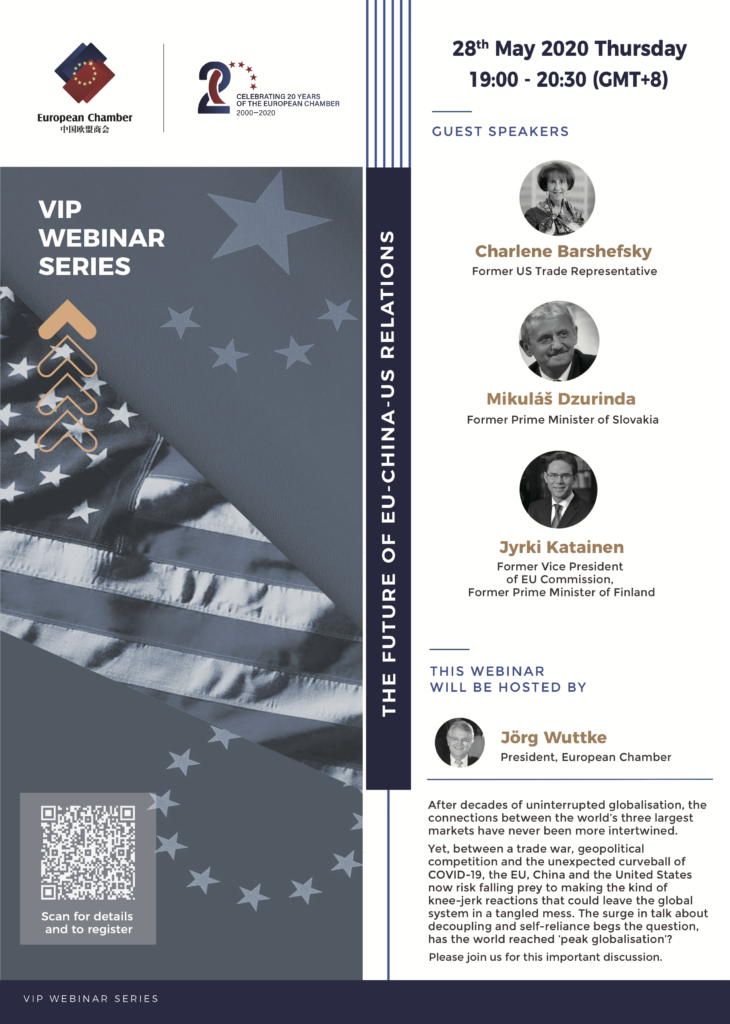
Leave a Reply